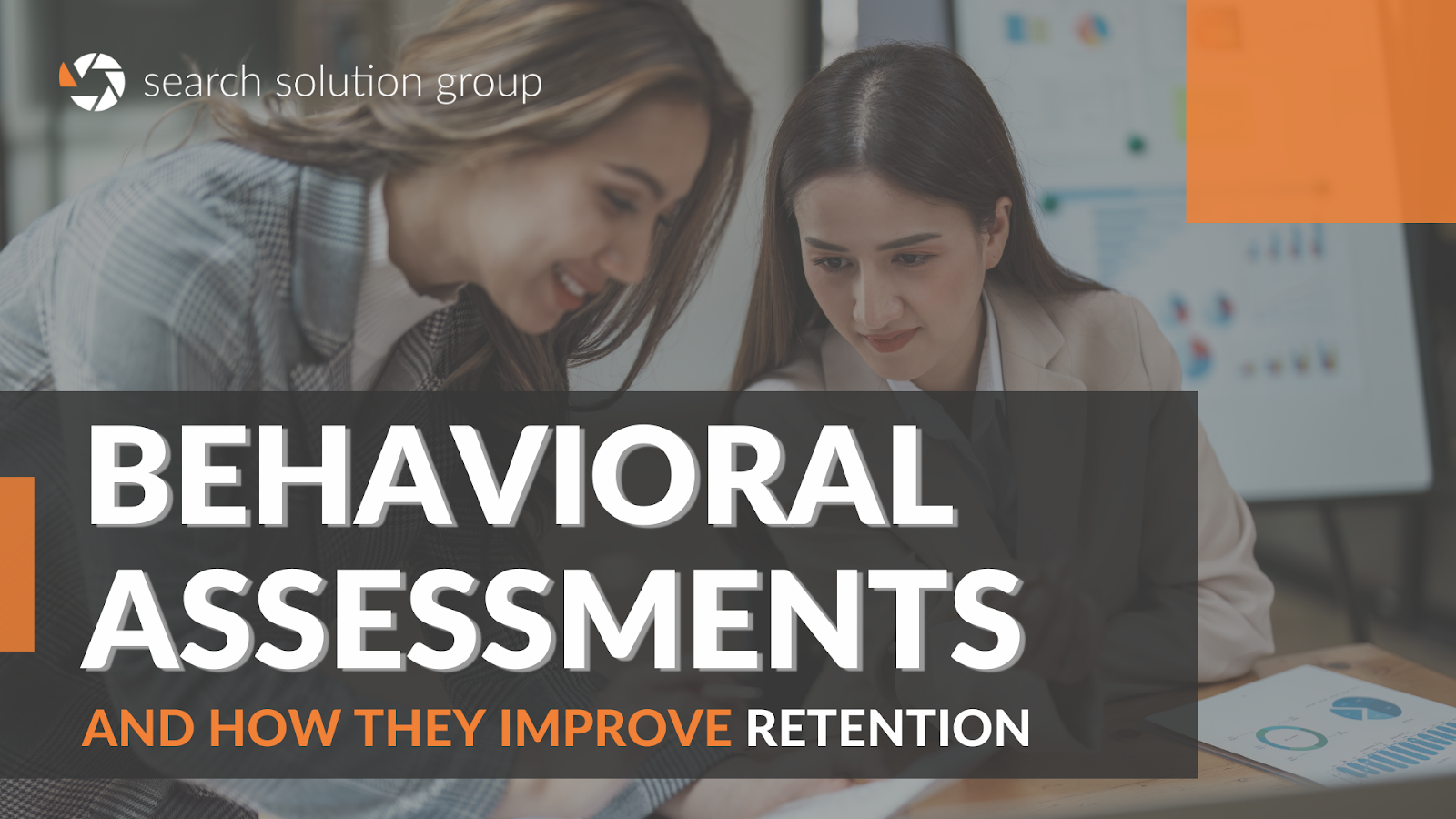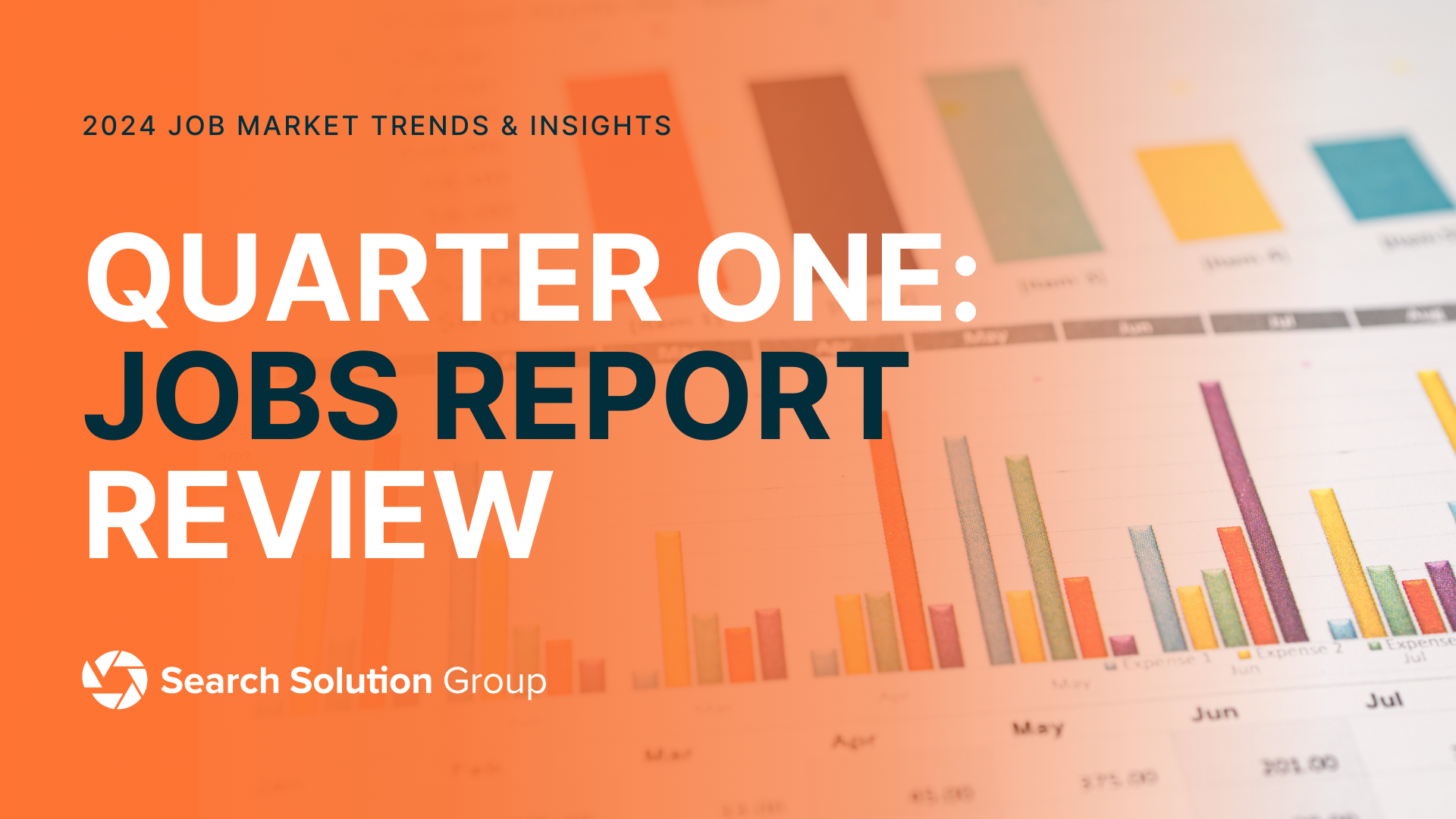The success of an organization depends on its ability to attract, hire, and retain top-notch talent. Choosing suitable candidates requires more than just evaluating resumes and technical skills. Understanding employees’ behaviors, work styles, and motivations are critical factors for success. This is where behavioral assessments come to the forefront.
Behavioral assessments are crucial for companies wanting to gain deeper insight into their employees and potential new hires. As a result, it helps achieve improved communication, effective team building, and increased employee retention. In this blog post, we will explore the significance of behavioral assessments and discuss five of the top tools currently available in the market with an in-depth look at their pros and cons for making a more informed decision.
The Role of Behavioral Assessments in Employee Retention
Behavioral assessments are designed to help you to uncover the “why” behind an employee’s actions. These assessments provide insight into an individual’s motivations, work preferences, and natural style – helping companies make informed decisions about recruitment, team building, leadership development, and employee engagement strategies. Utilizing these behavioral assessments can improve employee retention rates by establishing a supportive, satisfying work environment.
Understanding an employee’s work style can result in a more organized approach to job design. By catering to preferences, companies can create positive, growth-oriented employee experiences. If a company comprehends an employee’s appreciation for collaborative or independent work, job roles can be designed accordingly, reducing the chances of job dissatisfaction and subsequent employee turnover. With this in mind, any company serious about employee satisfaction and retention should prioritize behavioral assessments in recruitment and training initiatives.
Top 5 Behavioral Assessments: Pros and Cons
1. Myers-Briggs Type Indicator (MBTI)
Pros: The MBTI is one of the most in-demand behavioral assessments, noted for its ability to deliver comprehensive insights into various personality types. This can help teams value individual differences while enhancing the way people communicate with one another.
Cons: As a self-reported tool, it can be susceptible to self-perception biases that skew results. Additionally, the MBTI’s binary categories sometimes oversimplify the vast spectrum of human behavior and characteristics, which might not paint the complete picture.
2. DISC Assessment
Pros: One of the top advantages of the DISC Assessment is its pinpoint focus on the four primary behavioral traits of an individual – dominance, influence, steadiness, and conscientiousness. The straightforwardness of understanding and utilizing this tool makes it highly sought-after for team building and conflict resolution.
Cons: While it’s valued for its ease of use, the DISC may not comprehensively depict an individual’s behavior since it solely measures the four behavioral traits.
3. Predictive Index Behavioral Assessment
Pros: This tool surpasses personality assessment in comprehending individual drives and motivations, providing in-depth insights for job-role matching and team dynamics.
Cons: Although the tool is valuable for organizations, it requires trained professionals to interpret the results accurately, making it a relatively expensive resource.
4. Hogan Assessments
Pros: Hogan Assessments stand out from their competitors by examining the desirable and undesirable personality characteristics, uncovering possible performance impediments under stress conditions. The comprehensive approach raises awareness of blind spots and provides valuable insights for personal development.
Cons: While they are highly precise, comprehending and interpreting the results requires professional expertise. Due to the focus on negative aspects of personality traits, the assessments may receive some push-back, even though the goal is to ultimately unearth potential and enhance performance.
5. StrengthsFinder
Pros: StrengthsFinder is a one-of-a-kind tool designed to recognize individuals’ strengths rather than areas of deficiency, which in turn helps foster a positive workplace culture and facilitates employee growth.
Cons: However, the tool’s emphasis on people’s strong attributes might lead to unintentional neglect of areas that need improvement or development, which may negatively impact the holistic growth of an individual.
Behavioral assessments provide comprehensive insight into employees’ working styles, motivations, and preferences. Effective talent management strategies can be developed by understanding your employees better, ultimately improving employee retention. Even though no assessment method is flawless, picking the one that perfectly aligns with your company’s objectives and culture will bring you one step closer to a productive, harmonious workplace environment.
Explore SSG Recruitment Services Contact Us





